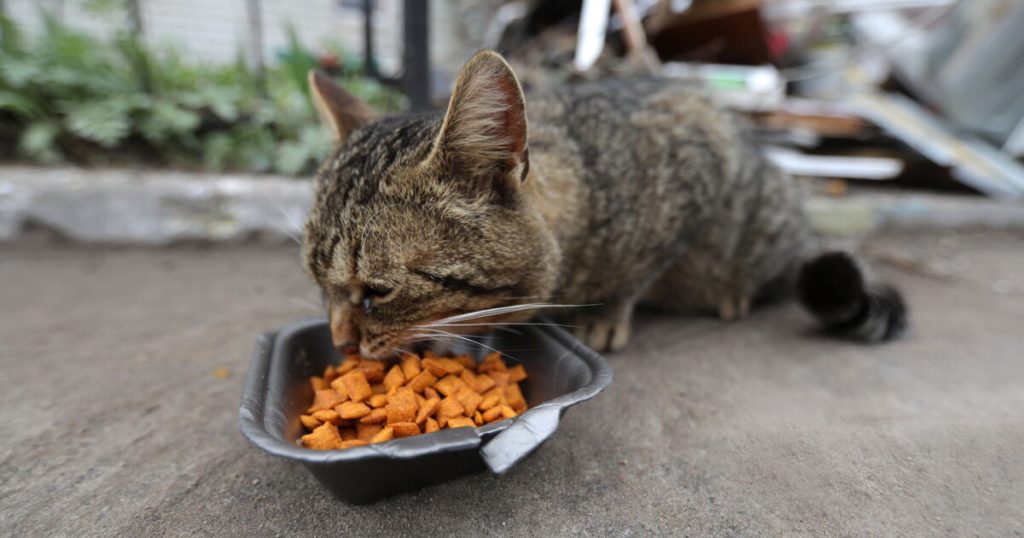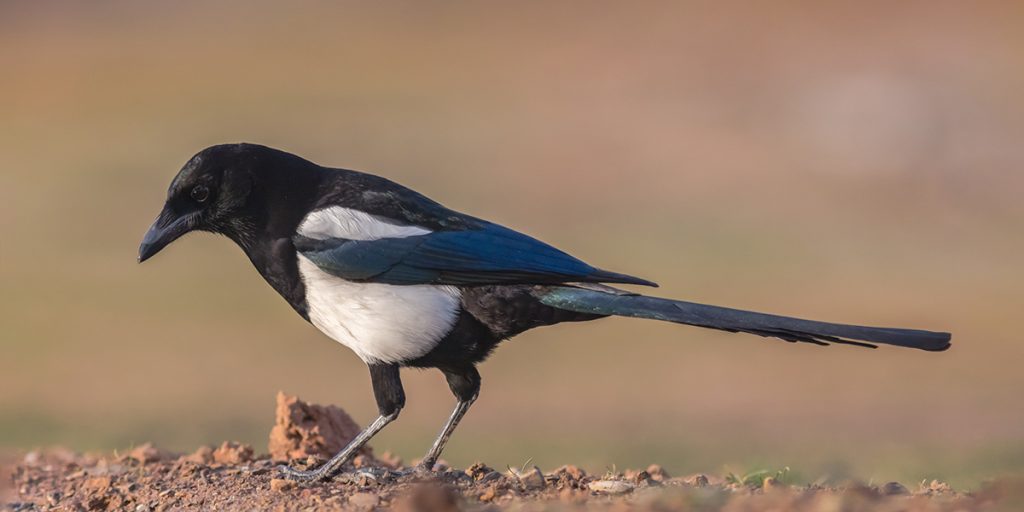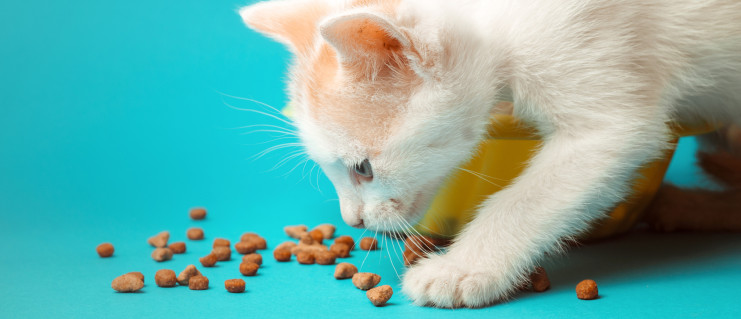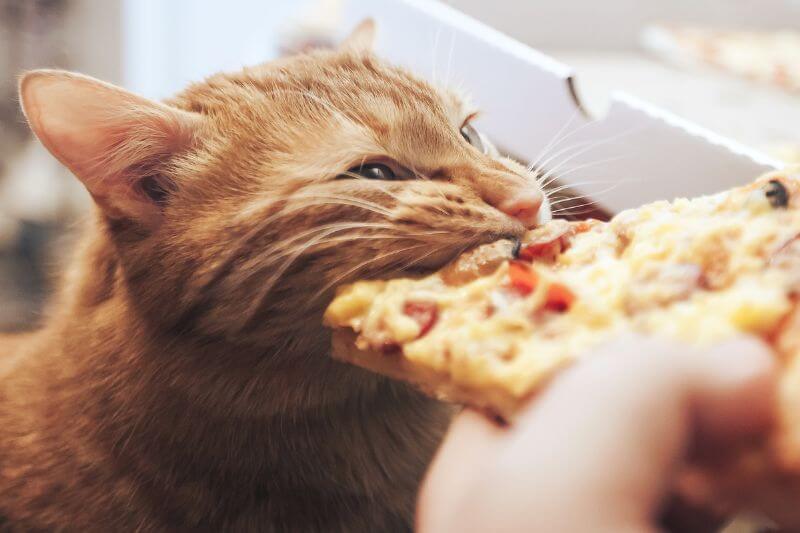
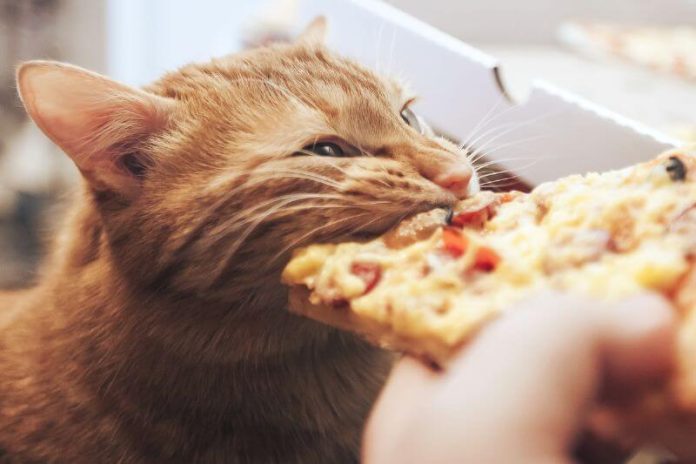
Croquettes, milk, meat, mash… What should and should not be fed to a cat? It is sometimes difficult to navigate. My Health helps you see things more clearly.
What are the nutritional needs of cats?
Cats are carnivores, which means their diet should consist primarily of animal protein. Protein is essential for maintaining your cat's muscular health, but also for caring for its skin and giving it a beautiful coat. Fat and carbohydrates also provide an important source of energy, although cats tend to use protein as their primary energy source.
Proteins are made up of amino acids, which are the building blocks of muscle tissue and organs. For cats, certain amino acids like taurine and arginine are particularly vital because they cannot synthesize them themselves.
Lipids provide energy and are also essential for absorbing fat-soluble vitamins. Carbohydrates are less necessary in cats' diets because they have a limited ability to digest complex carbohydrates.
Don't forget to hydrate your cat! Cats tend not to drink enough water, which can lead to health problems such as urinary stones. It is therefore crucial to ensure that your cat has access to a source of fresh, clean water at all times.
Different food options for cats
There are a variety of food options for cats, each with their own pros and cons.
The croquettes
Kibble is convenient, economical and can help maintain your cat's dental health by reducing tartar buildup. However, not all kibble is equal, and it is important to choose high-quality kibble that meets your cat's nutritional needs.
The pâtés
Foods are high in moisture, which can be beneficial for cats who don't drink enough water. They are also often more palatable to picky cats. However, mashes can be more expensive than kibble and can contribute to plaque buildup if not used in combination with other foods.
Homemade diets
Some owners choose to prepare their cat's food themselves to have greater control over the ingredients. However, it is essential to ensure that the diet is balanced and complete in nutrients, which may require vitamin supplements.
How to choose the best food for your cat?
Choosing the best food for your cat can be confusing with so many options available on the market. When reading cat food labels, be sure to look for high-quality ingredients, including animal protein as the first ingredient.
Consider your cat's age, weight, health and activity level when choosing food. Nutritional needs may vary depending on these factors. A sterilized cat also needs a specific diet. Just like a feline suffering from kidney failure…
Tips for a balanced and healthy diet
In addition to choosing the right food, here are some tips to ensure a balanced and healthy diet for your cat:
- Establish a regular meal schedule and avoid overfeeding your cat. Follow the dosage recommendations on the food packaging.
- Obesity is a common problem in cats that can lead to many health problems. Limit treats and encourage physical activity to maintain a healthy weight.
- An unbalanced or improper diet can lead to nutritional deficiencies, digestive problems and other health problems. Make sure you provide your cat with a balanced and complete diet.
Beware of diet-related health problems!
It is important to monitor your cat's health and consult a veterinarian if you notice signs of dietary problems, such as food allergies, gastrointestinal upset, or changes in behavior, such as a cat who eat but continue to lose weight.
Food allergies are relatively rare in cats, but they can manifest with symptoms such as itching, vomiting and diarrhea. If you suspect a food allergy, consult your veterinarian for testing and recommendations.
An unsuitable diet can increase the risk of developing certain diseases in cats, including obesity, diabetes, kidney problems and heart disease.
Keep an eye out for changes in eating behavior, such as loss of appetite, refusal to eat, frequent vomiting, or abnormal bowel movements. These signs may indicate an underlying health problem that requires immediate attention, such as a tapeworm.
TO KNOW
Contrary to popular belief, a cat does not drink milk. This is very bad for your body and can cause serious digestive problems. Instead, opt for lactose-free milk.



